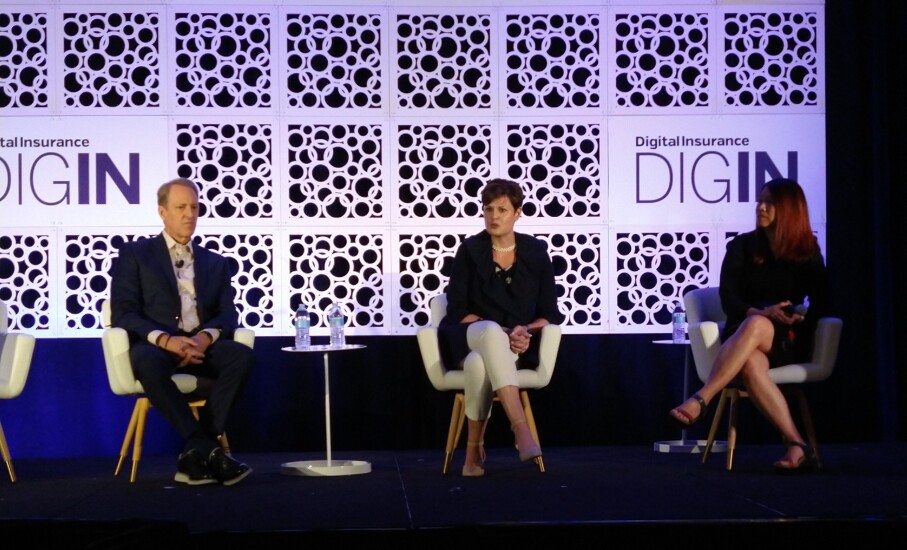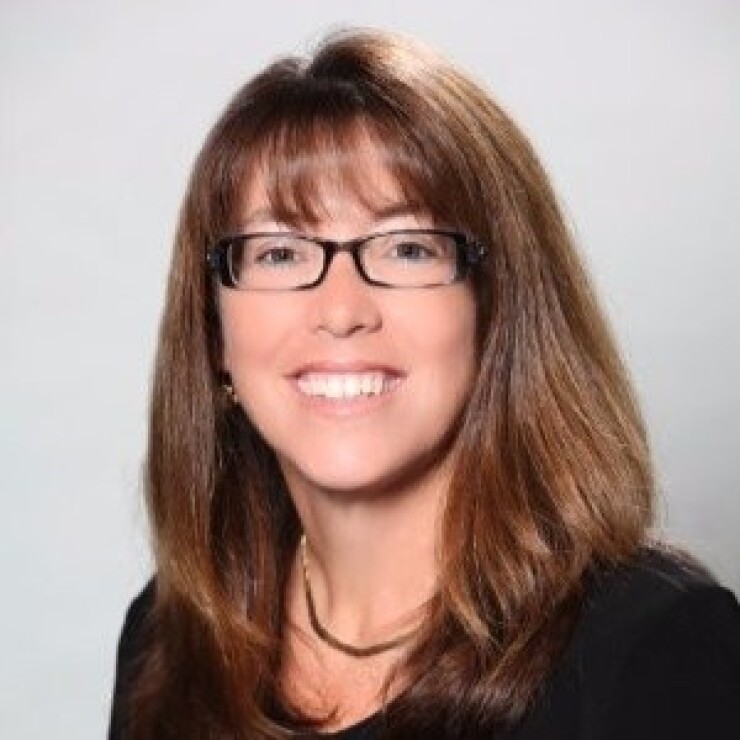VYRD Insurance on smart home water damage detection, Principal Financial Group on claims processing and Travelers work with ServiceNow.
Insights from Dig-In 2023
June 12, 2023 6:46 AM


VYRD Insurance on smart home water damage detection, Principal Financial Group on claims processing and Travelers work with ServiceNow.


